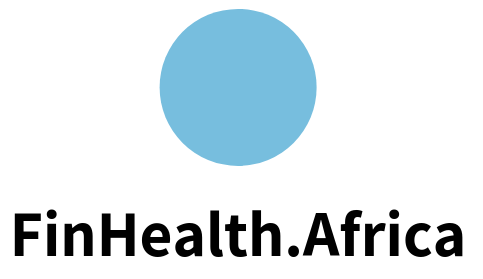- The African Financial Inclusion Network
- +27(0)87-701-7247
- info@finhealth.africa
The impact assessment applies experimental research to investigate the impact of the Bubomi financial literacy flagship programme developed by Absa, one of South Africa’s largest financial service organizations. The programme aims to improve essential financial literacy skills, habits and behaviour of South Africans.
The impact of the programme is measured by comparing the level of financial knowledge, confidence, attitude and accountable management practices of statistically representative experimental (people exposed to the Absa training) and control (people not exposed to Absa training) groups residing in village areas surrounding the Giyani town in the Limpopo province located in the north-eastern parts South Africa. By accepting the test hypotheses that the financial knowledge, confidence, attitudes and accountable management of the experimental group exceed that of the control group at a statistically significant level, the article investigates the immediate and intermediate impact of a prototype training programme that can effectively improve the basic financial skills, habits and behaviours of consumers.
The research findings is even more pertinent when considering that a prototype skills development programme has been evaluated and found to be most applicable to skills improvement in poor village communities where financial literacy are at acute low levels. The programme evaluation research represents the first of its kind in a rural setting and outlines unique elements of a prototype training programme that indisputably contributes to the urgent need for improved money management skills in
South Africa.
Click here to read the full Impact Assessment of the Bubomi

